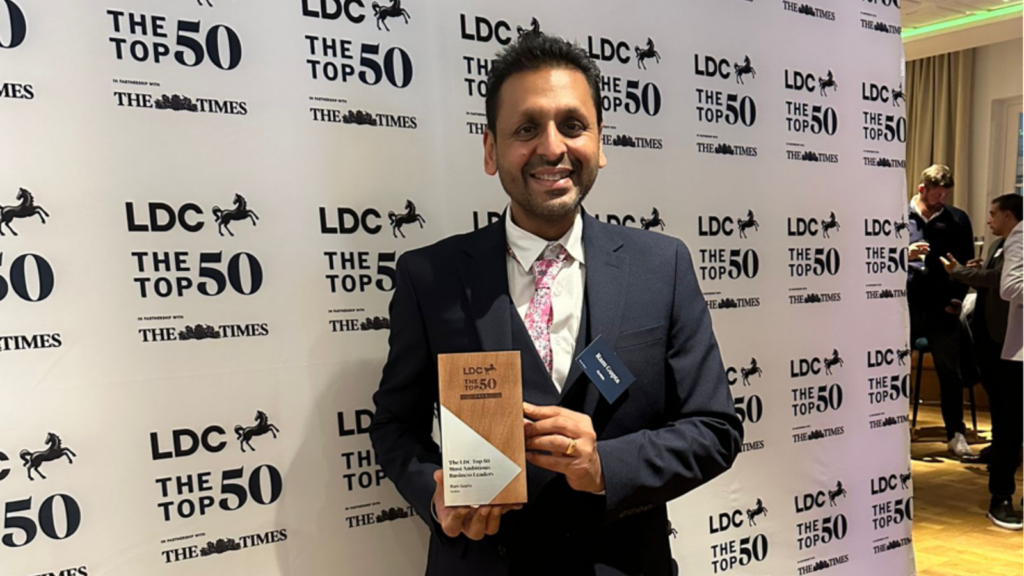
“The IoT is a mechanism to deliver what the economy needs through the co-creation of curriculum with employers.”
That’s the view of digital employer Ram Gupta, who has been with the Lancashire and Cumbria Institute of Technology from the beginning.
His business, IT service provider Nybble, based in Blackburn, is a founding employer partner of the IoT, getting involved as managing director Ram believes they have a duty to shape future workforces.
“I got involved because I’m excited about the possibility of making a difference,” he says. “I believe that as employers we carry a responsibility to teach the next generation relevant and future skills so they can reach beyond the skies.”
As an employer partner, Ram joins other like-minded businesses as part of the IoT’s digital employer advisory group, a collaboration of education and industry to enable a two-way flow of information.
The digital employer advisory group meets every quarter so employers can feed back skills needs from the sector and discuss ways education can address them. The IoT’s eight partner colleges then use the insight gathered to shape the curriculum to ensure learners get the skills their chosen industries need.
Recent feedback has been around AI education, which Ram believes is at a pivotal point as more people learn to harness its power across sectors. “Businesses know they need to use AI, but some aren’t quite sure how,” he says. “Harnessing the power of AI will give businesses a competitive advantage. AI will enhance human capability and will change how we do things forever. This is the biggest change we have seen in decades and will shape the future of skills forever.”
Soft skills needs are also important and are a shared concern of many employers. To address this, the IoT teaches learners how to be work-ready – from communication skills to having the right attitude to knowing how to dress appropriately. Ram also believes sales training, regardless of the sector you’re going into, would be beneficial, giving learners confidence in ‘selling’ themselves or their ideas.
Getting the opportunity to make an impact on education is something he sees as vital, and he believes other employers should follow suit.
“Taking these conversations out of the boardroom and into the IoT where there’s actionable, physical results creates a possibility for real change,” he says. “If you’re passionate about young people and the capability of young people, the IoT is a mechanism for young people to deliver what the economy needs. The sky is not the limit, it’s just the beginning.”